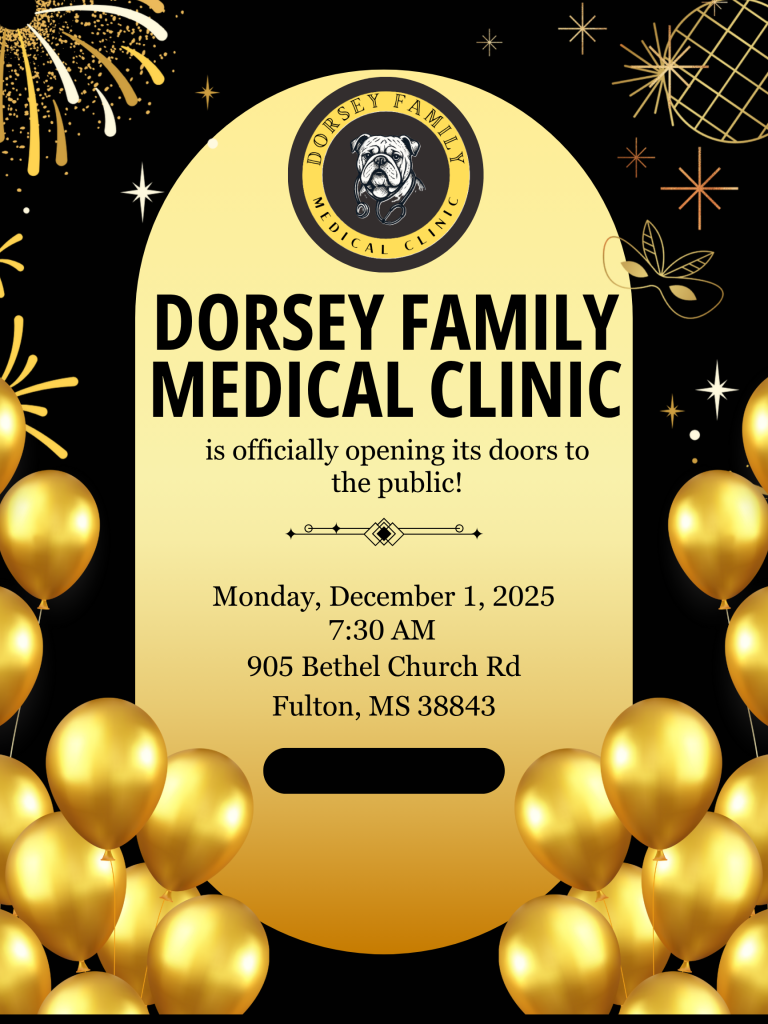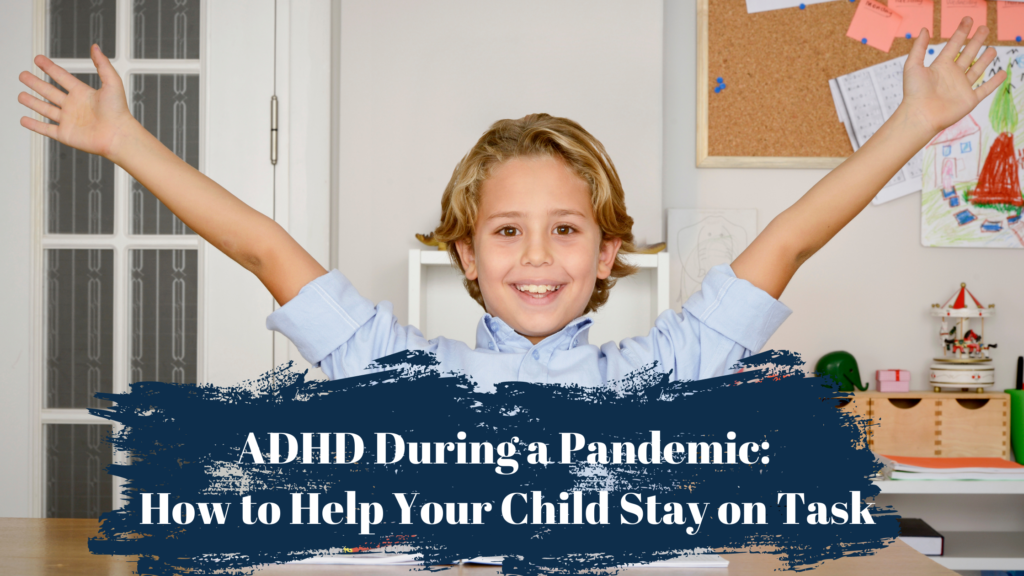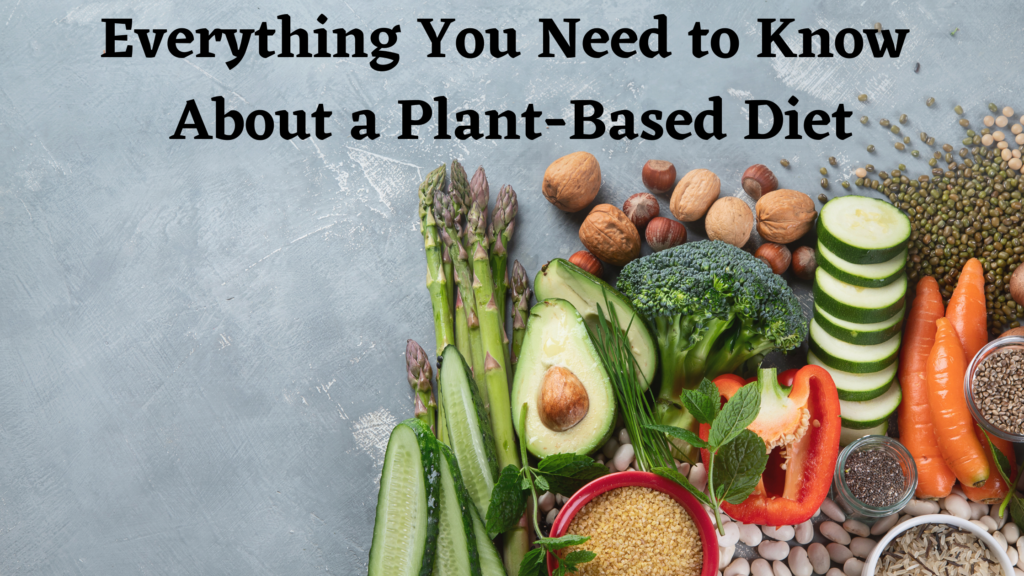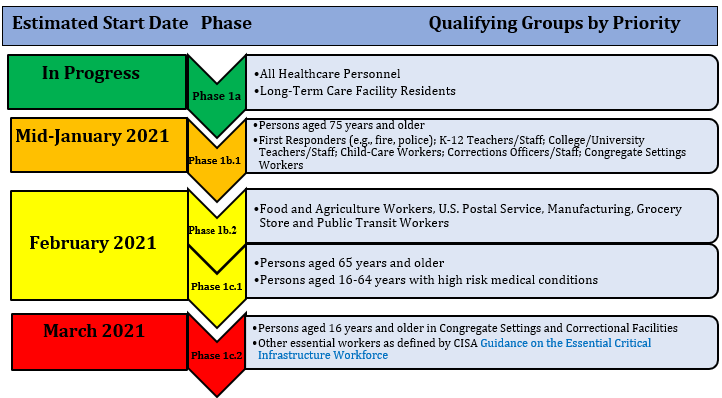Brain food. We’ve all heard the phrase. But is brain food a real thing? Can you improve your brain’s overall ability to think, focus, and recall memory with your diet? The short answer is yes, you can! Turns out a number of foods and beverages can improve your brain health and provide other health benefits as well.
Caffeine and Glucose Offer Brain Power in Limited Moderation
Believe it or not, caffeine and sugar glucose–not table sugar, but naturally occurring sugars like those found in fruits and vegetables–are brain-powering foods as long as you have them in limited moderation. A cup of coffee helps you be more alert while a glass of orange juice or other fruit juice offers a quick brain boost. Limiting the amount of caffeine and sugar is essential–too much of either can impair your memory and concentration.
Breakfast is Key
Many studies have proven that people who eat a healthy breakfast perform better overall than those who don’t eat breakfast. A good, brain-powering breakfast consists of high fiber whole grains, dairy, and fruit. Healthy proteins are also encouraged but don’t think any breakfast will do. Dining on high-calorie breakfast meals can actually hinder your concentration.
Fish = Good for Your Heart and Mind
Fish is a superfood for good reason. The poultry of the sea is an excellent source of omega-3 fatty acids, nutrients that are vital to both your brain and heart health. In fact, eating two servings of fish a week can lower your risk of dementia and stroke, and other age-related conditions.
Nuts, Seeds, and Dark Chocolate for Brain-Healthy Snacks
Need a quick pick-me-up for the afternoon lag? Reach for a handful of nuts or an ounce of dark chocolate. Nuts and seeds are rich in vitamin E while dark chocolate is full of brain-enhancing antioxidants. Like caffeine and natural sugar, eat these foods in strict moderation. Just one ounce of each of these foods per day is all you need to improve your brain health.
Don’t Forget the Whole Grains and Avocado
If guacamole is a lunchtime favorite, you’re in luck. Fruits like avocados improve blood flow, which improves all other functions in your body including the brain. Along with whole grains, avocados lower your risk of heart disease and decrease bad cholesterol as well, making them both superfoods you should include in your regular or daily diet.
Brain-Protecting Blueberries
Need another superfruit to add to your diet? Blueberries may just be the most super of all the superfoods. This tiny round fruit may protect the brain from damage from free radicals–the kind of damage that leads to dementia and other age-related conditions. Blueberries may also reduce the effects of Alzheimer’s disease, dementia, and similar diseases.
Bagel Up for a Big Day
Lox and bagel sandwiches may not be a thing here in the South but head anywhere north of the Mason-Dixon line and you’ll find this breakfast meal in every bakery or restaurant that sells a bagel. A “lox” is a brined salmon fillet. As it happens, experts recommend preparing for a big day by eating a whole-grain bagel with salmon for breakfast and washing it down with a glass of juice and cup of coffee for maximum brain power. Perhaps it’s time to add lox and bagel sandwiches to a Southern menu near you!
As always, consult with your provider or dietitian before beginning a new diet. Want to get a better check on your brain health? The new year is a great time to schedule your annual wellness visit. Click here to request an appointment now.






